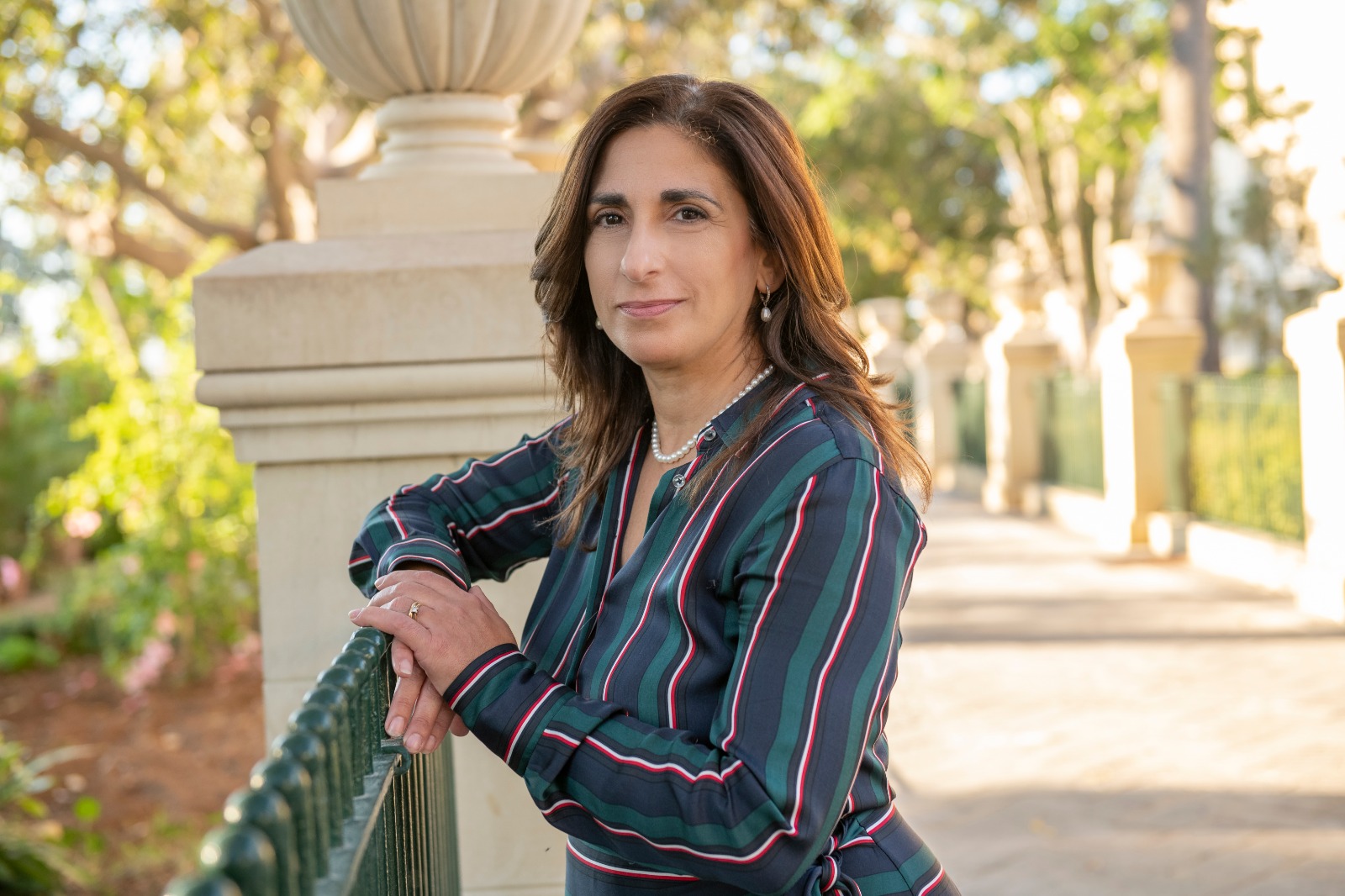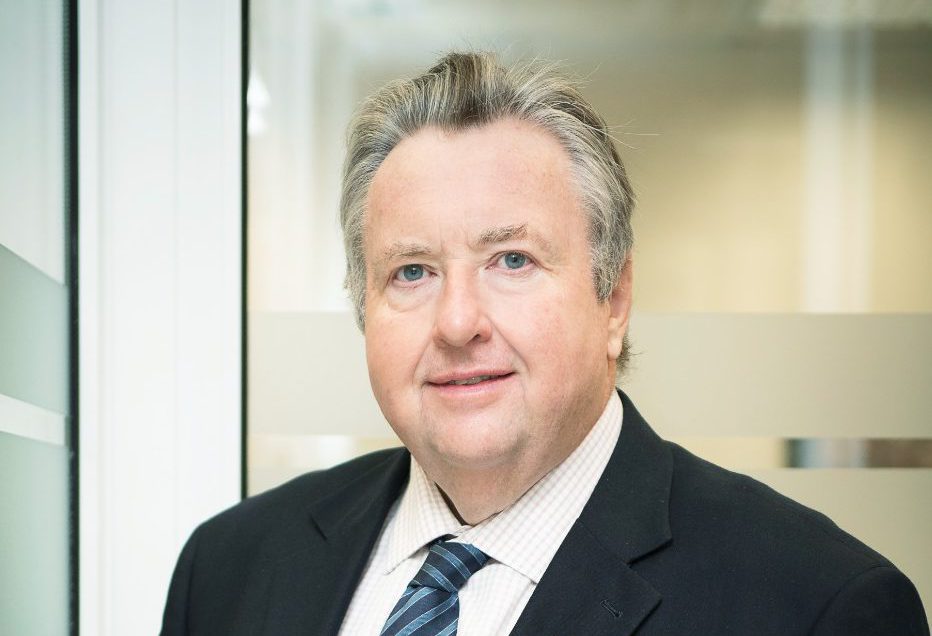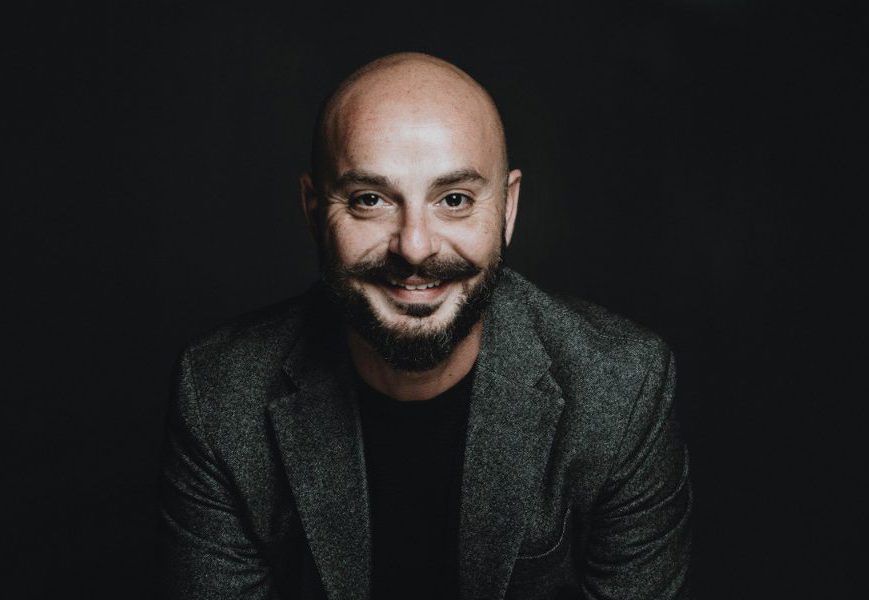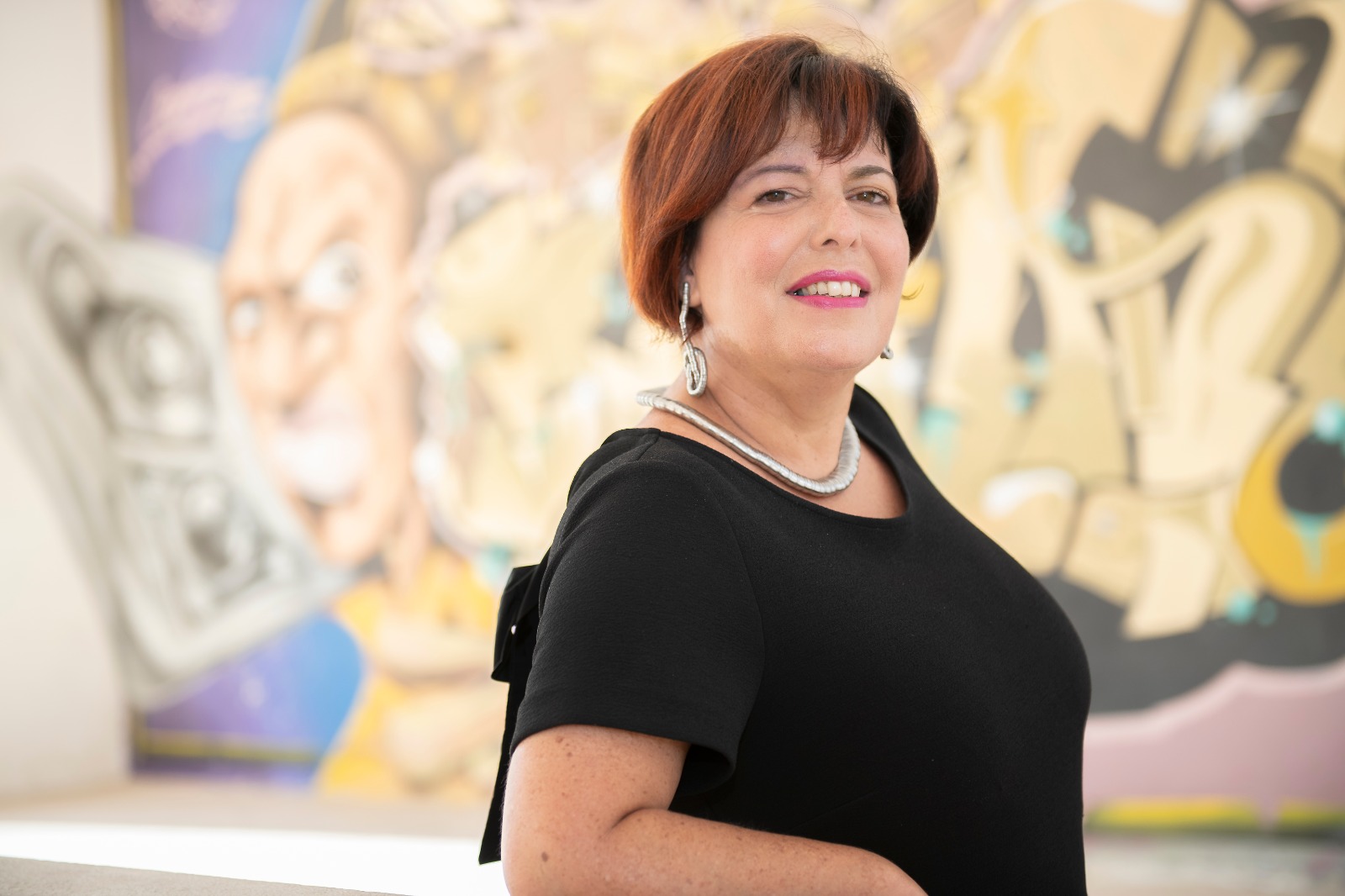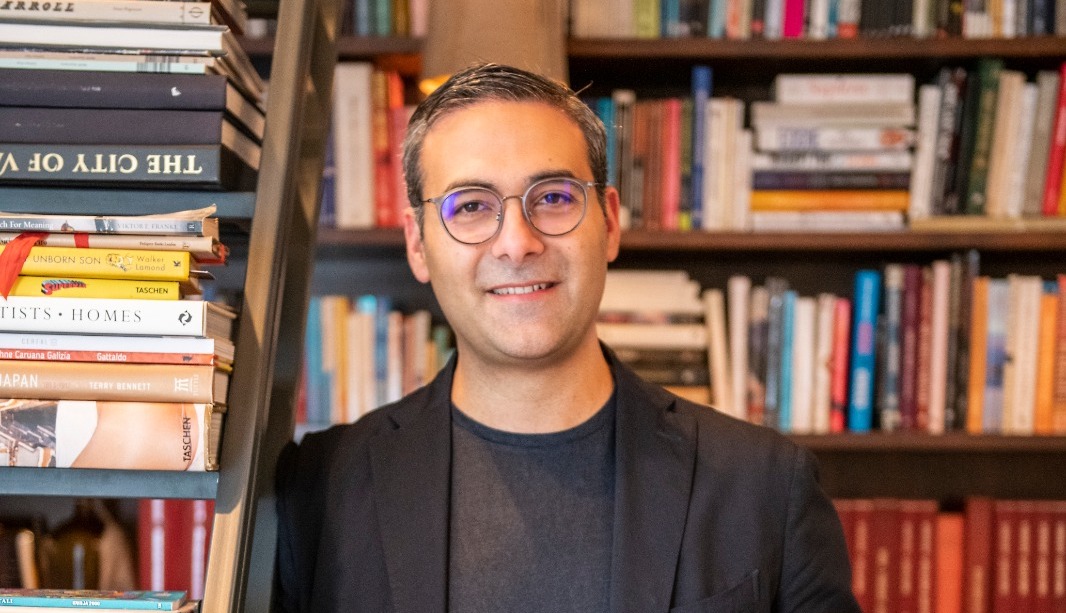Never has the environment been so critically high on the agenda – not just locally, but internationally. As the risks of climate change continue to feel evermore pressing and the global conversations about what must be done to safeguard our planet get ever louder, policy-makers and environmental leaders across the world are working hard on long-term solutions.
Locally, Michelle Piccinino is one such leader. As the Chief Executive Officer of the Environment and Resources Authority (ERA), she is the person vested with the responsibility of a public entity to protect ‘the most valuable asset the country has’, and she is there to offer guidance and technical advice to policy-makers and decision-takers on the topic of environmental protection and planning.
“I had no idea I would end up here,” she smiles when asked about her role and her path towards it. “As an architect by education, I had dreams like all young people do and planned to have a firm of my own one day. I was actually more interested in creating better urban spaces than anything else, and was excited about being a perit so that I could contribute towards better and more liveable urban environments for our neighbourhoods.”
Upon graduating, though, Michelle took on her first of several positions with the then Malta Environment and Planning Authority (MEPA). This included being a member of advisory bodies that coordinated large-scale projects of national interest, as well as representing MEPA on various boards and committees.
Soon after the 2013 election, the decision was taken to split MEPA. “At the time, environmentalists felt that the environment wasn’t given due importance, while those in the development sector claimed that environmental concerns were holding back decisions on development and planning,” Michelle explains.

“Thus, the setting up of ERA gave a stronger identity to environmental regulation. And, since then, there has been a marked increase in jobs and investment related to the environmental sector at policy-making level. ERA has grown substantially too, and now employs over 230 officers. It has simultaneously built its regulatory role by establishing itself as the environmental permitting Authority with an enforcement arm and by giving direct input into various policy and legislative documents. ERA has had a crucial part to play in Malta’s EU Council Presidency and in the negotiations on the environment acquis.”
Michelle says ERA’s function has greatly matured in the last few years. It grew healthily from a Directorate within an Authority, into the main regulatory Authority for environmental protection. Its achievements have been varied, such as the launch of the Natura 2000 Management Plans in 2016, the compilation and publication of the State of the Environment Report for Malta in 2018, various strategies such as the Single-Use Plastic Strategy, and the Strategy for the Control of Invasive Alien Species, designation of protected areas and the launch of the National Strategy for the Environment: Wellbeing Vision 2050, at the end of 2020.
“These achievements required serious investment in ERA’s resources to ensure it could sustain its mission statement,” she continues. “It also required the fostering of new relations with other entities and the integration of environmental aspects into other decision-making spheres.
“Huge strides forward have been made but, as yet, our work is not done. To be honest, it’s very difficult to say that we will be ever done – partly because there’s always room for improvement within the Authority to handle the ever-changing pressures on our natural environment, but also because science and data drive our policy-making processes. That in itself will always bring with it new challenges.”
Michelle has obviously been central to the Authority’s development so far and she says it is her strategic approach that has helped her to lead successfully. “Whatever the challenge I have, I always strive to consider the bigger picture,” she explains.
“My philosophy is to empower those around me and to share knowledge. I keep myself involved both on the technical and the administrative matters while doing so. I also enable those around me to take the lead. Consultation is important, but when a decision is required, it must be taken. Unfortunately life shows us that it’s better to take a wrong decision in good faith than taking no decision at all.”
Of course that approach isn’t without its challenges. Michelle explains the many stakeholders involved mean there are many conflicting views to contend with. “That’s why I focus on the bigger picture and not the single challenge that has been brought to my attention,” she continues. “Yes, it has its difficult moments, but I love bringing different people together to make something happen. The results are usually worth it.”
One such result was the launch of the Environment Resources Information System (ERIS), an online system that makes it easier for the public to apply for environmental permits for their operations or activities. This is still in its infancy but it is a first step in the direction to ensure good governance and to increase transparency. “The COVID-19 experience has made us realise the importance of further enhancing and simplifying our user interaction,” the Chief Executive Officer continues.

“We have also launched our new website which has lots of improved e-tools, such as a new payment gateway for fines, enhanced live air-quality monitoring, and access to all the relevant public consultation processes led by the Authority and the Malta Environment Platform and Services (MEPS), which is a geoportal with all the environmental information available to the Authority. We’ve also added lots of educational audio-visual material and a customer care platform.”
This digitalisation exercise was actually critical to ERA’s handling of pandemic-related challenges, and Michelle hopes that the positives achieved in this area in recent months will continue. “All our staff are equipped to be able to work from home now, and during the pressing moments of the pandemic, management encouraged staff to do so as much as possible,” she explains.
“Clients also interact with us differently and are given a choice as to what will work for them, such as a phone call, online solution, or even coming into our offices to use one of our laptops here. COVID-19 really was the push we needed to go digital and the results have been fantastic. It’s been proven how much can be done well online. Plus, it’s better for the environment to have fewer cars on the road, making it a win-win situation. Accelerated digitalisation is definitely the silver lining to all of this.”
Thus, with these new steps forward in online living and working, plus with the Wellbeing Vision for the National Strategy now launched, Michelle is hopeful about the future of the environment in Malta. “Yes, the strong economy we’ve experienced in recent years has impacted the environment substantially, but all is not lost. More than ever – thanks to social media and other modes of education – we understand the value of the environment and our role in protecting it, and things are changing. We are seeing increased environmental sensitivity across every sector and that’s commendable.”
As for her own future at the helm of such an important Authority, Michelle says she will be putting more focus than ever on boosting communication channels with all related stakeholders. “Decisions are hard to take, especially when different stakeholders have diverging opinions. However, my chief concern is to safeguard the interests of the environment. I will make every effort to explain our decisions, especially as we follow through on the National Strategy for the Environment 2050 and further invest in the digital sphere.
“With that in mind I would say that, yes, Malta is on course to have a good environmental future, where everyone understands and is invested in the importance of a healthy environment. I think COVID-19 has opened our eyes in ways we couldn’t previously have imagined and we know more than ever that our environment is critical to our own survival. We need tangibles to achieve that and it is now time to deliver,” Michelle concludes.
This interview is part of a serialisation of 50 interviews carried out with Malta’s top CEOs, featured in the bumper edition of MaltaCEOs 2021 publication, which was recently released. Despite the many challenges of 2020, this is the largest edition to date.
Featured Image:
Bernard Polidano
‘No one has a monopoly on ideas’ – Trust Stamp CEO, Gareth Genner
With an extensive background in entrepreneurship and tech, Gareth Genner combined his passions to launch start-up company, Trust Stamp.
‘Our ethos is quality’ – Reuben Lautier, Director of Natural Stone Workshop
Reuben has been running the business, set up by his father in 1984, for almost 20 years.
‘I relish the opportunity to inspire young people to learn, and to learn from them’ – Miriam Teuma
Agenzija Żghażagh provides young people with the time and space to make friends, learn new things and develop their talents.
‘People don’t work for a company, they work for a leader’ – Gege Gatt
The CEO of EBO, an artificial intelligence firm established to connect businesses with their customers through AI-based conversation automation, shares ...


